Consumer Price Index: With sharp fall in oil prices, inflation hits 11-year low
CPI drops to 3.96% in Nov, beating even government expectations.
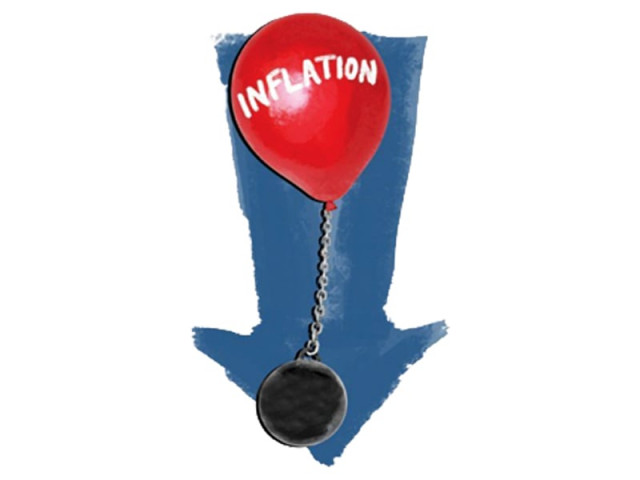
Consumer Price Index: With sharp fall in oil prices, inflation hits 11-year low
For the first time in the last 11 years, inflation dropped to 3.96% in November on the back of a steep fall in prices of petroleum and food groups, beating even expectations of the government that estimated the figure at around 5.5%.
The slowdown in the pace of increase in prices measured by the Consumer Price Index (CPI) compared to November last year was reported by the Pakistan Bureau of Statistics (PBS) in its monthly inflation bulletin on Monday. It was the lowest level since November 2003 when the index stood at 4.2%.
The CPI covers price movements in 481 commodities every month.
Falling prices of oil and commodities in the global market led to the reduction in rates of petroleum products at home.
Though the government has passed on the impact of oil price dip to domestic consumers, they are yet to enjoy the benefits of falling global prices of palm oil, wheat and rice.

Last month, prices of kerosene oil were reduced by 12.25% and motor spirit (petrol) by almost 10%, said the PBS. However again, it did not include the two surcharges imposed on electricity consumers into the calculations, raising doubts about the credibility of numbers.
The electricity bills for November include the Universal Obligation Fund surcharge at Rs1 per unit on people consuming between 301 and 700 units and 50 paisa for consumption of over 700 units.
Similarly, a debt servicing surcharge of 30 paisa per unit has also been included in the bills. Both the surcharges are above the 30 paisa per unit revision in power tariff under the monthly fuel price adjustment for August and another 51 paisa per unit for September, according to media reports, which the government did not deny.
According to the PBS, food inflation in November stood at 2.1% year-on-year – the index had been recorded at 5.2% in October. It showed a decline of 3.1 percentage points in a single month.
On a monthly basis, overall prices decreased in November against October as the index was negative 0.4%.
The pace of increase in non-perishable food items was recorded at 3.6% in the month compared to November last year. Prices of perishable food items, however, decreased 10.6% year-on-year.
Fuel and food-adjusted inflation, called core inflation, also slowed down to 6.9% year-on-year with a reduction of 0.9% in a single month.
With the slowdown in both core inflation and the headline inflation, the SBP may have to further cut its discount rate. In the last announcement, the SBP lowered the discount rate by 50 basis points to 9.5%.
Average inflation during first five months of the current fiscal year (July-November) was registered at 6.45% compared to the corresponding period of previous year, according to the PBS. For this year, the government has set the inflation target at 8%.
Published in The Express Tribune, December 2nd, 2014.
Like Business on Facebook, follow @TribuneBiz on Twitter to stay informed and join in the conversation.

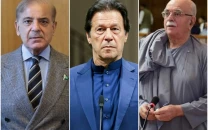
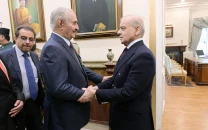
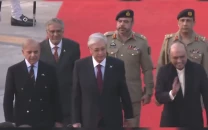
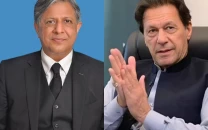














COMMENTS
Comments are moderated and generally will be posted if they are on-topic and not abusive.
For more information, please see our Comments FAQ